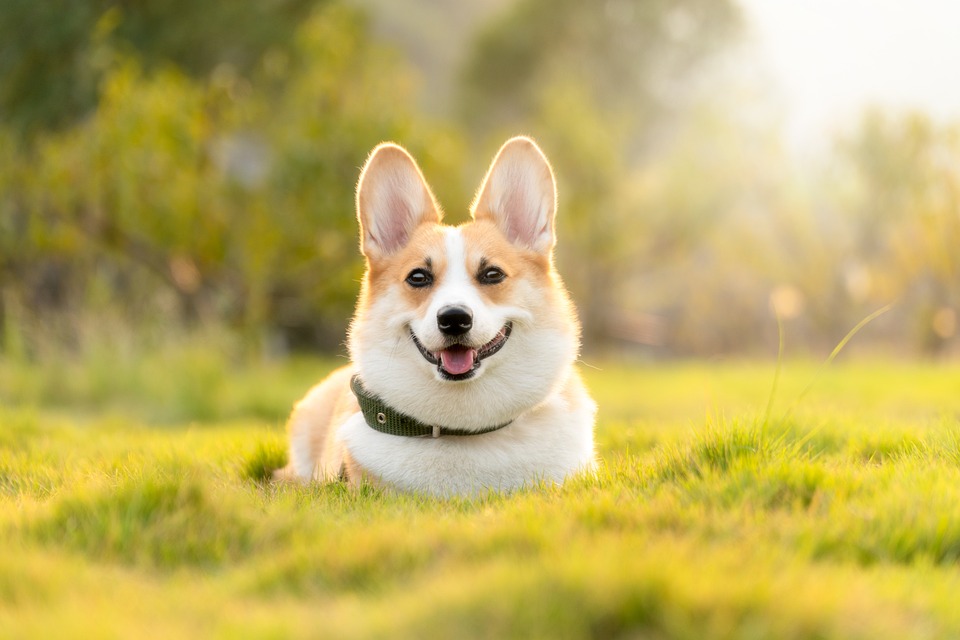Title: Mastering Advanced Dog Training Techniques: A Step-by-Step Guide
Introduction:
Taking your dog’s training to the next level requires a deeper understanding of advanced techniques. Whether you’re a professional dog trainer or a dedicated pet owner, mastering advanced dog training techniques can enhance your bond with your furry friend and unlock their full potential. In this comprehensive guide, we will walk you through step-by-step instructions to help you navigate the world of advanced dog training.
I. Understanding the Fundamentals:
Before diving into advanced training techniques, it’s crucial to have a solid foundation in basic dog training principles. Make sure your dog responds reliably to basic commands like “sit,” “stay,” and “come.” Building a strong foundation will set you and your pup up for success as you advance to more complex training exercises.
II. Reinforcing Basic Commands with Distractions:
One of the key aspects of advanced training is teaching your dog to respond to commands in various environments and amidst distractions. Start by gradually introducing distractions during your training sessions. Begin in a controlled environment and gradually increase the level of distractions, such as noise, toys, or other animals. Consistently reinforce the basic commands and reward your dog for staying focused and responsive.
III. Introducing Advanced Commands:
Once your dog has mastered basic commands, it’s time to introduce advanced commands that go beyond the basics. These commands can include tricks like “roll over,” “play dead,” or “fetch specific objects.” Break down each command into smaller steps, using positive reinforcement and rewards to encourage your dog’s progress. Remember to be patient and consistent, as each dog learns at their own pace.
IV. Incorporating Clicker Training:
Clicker training is a powerful tool for advanced dog training. The clicker acts as a marker for desired behavior, signaling to your dog that they have performed the correct action. Begin by associating the clicker with rewards, then use it to capture and shape behaviors. Clicker training can be particularly effective for teaching complex tricks or behaviors that require precise timing.
V. Utilizing Positive Reinforcement:
Positive reinforcement is crucial for advanced training techniques. Reward-based training not only motivates your dog but also strengthens the bond between you. Instead of punishing undesired behavior, focus on redirecting and rewarding positive behavior. treats, praise, and playtime can all serve as positive rewards, reinforcing your dog’s desired actions.
VI. Addressing Behavioral Challenges:
Advanced training may involve addressing specific behavioral challenges your dog may exhibit. Whether it’s leash pulling, aggression, or separation anxiety, understanding the root cause of the behavior is essential. Consult with a professional dog trainer or behaviorist to develop a tailored training plan to address these challenges effectively.
FAQs (Frequently Asked Questions):
1. How long does it take to master advanced dog training techniques?
The time it takes to master advanced training techniques varies depending on several factors, including the dog’s age, breed, and previous training experience. On average, it may take several weeks to months of consistent practice to see significant progress.
2. Can any dog learn advanced training techniques?
Yes, any dog can learn advanced training techniques. However, some breeds may be more inclined towards certain tasks due to their natural abilities. Tailoring the training approach to your dog’s unique characteristics and motivations can enhance the learning process.
3. Is it necessary to hire a professional dog trainer for advanced training?
While it’s not necessary to hire a professional dog trainer, seeking expert guidance can be highly beneficial, especially when dealing with complex behavioral challenges. A professional trainer can provide personalized advice, troubleshoot issues, and offer valuable insights based on their experience.
4. Can older dogs learn advanced training techniques?
Absolutely! Dogs of any age can learn advanced training techniques. While puppies may have a more flexible learning capacity, older dogs can still acquire new skills with patience, consistency, and appropriate training methods.
Conclusion:
Mastering advanced dog training techniques requires dedication, patience, and a deep understanding of your dog’s needs. By building on a solid foundation of basic training, introducing advanced commands, incorporating positive reinforcement, and addressing specific behavioral challenges, you can unlock your dog’s full potential. Remember, advanced training is a journey that strengthens the bond between you and your furry companion while enriching their lives with mental stimulation and new experiences.









